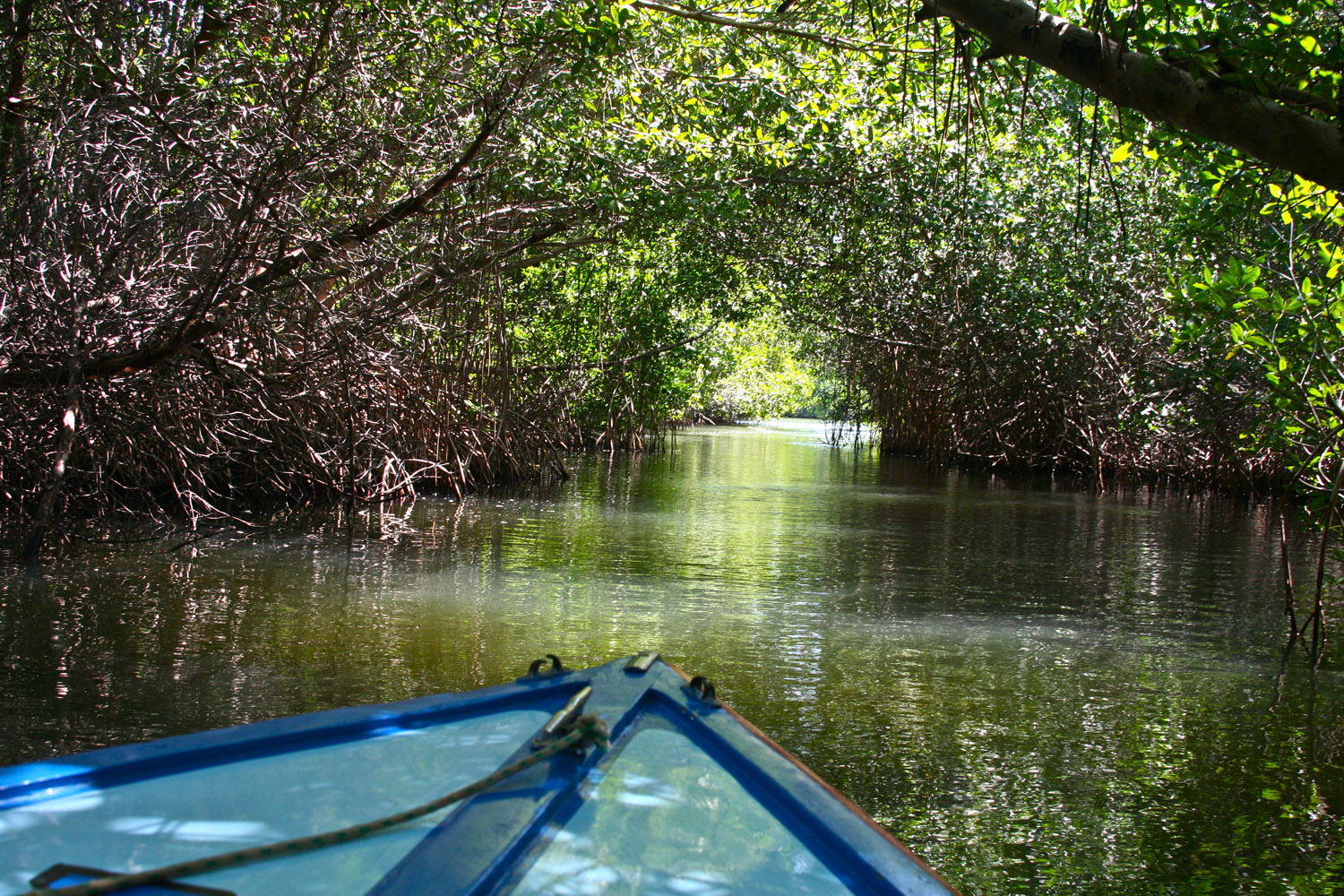
Malaria which is also known as paludism, is a parasitic disease that is very widespread in tropical countries through Central and South America, Africa and Asia. Normally this disease is spread through the sting of the female Anopheles mosquito, although it can also be spread through blood transfusion or from an infected mother to her son through the placenta.
Once the infection has been consummated, a tiny parasite known as plasmodium develops on the liver of the affected person. The minimum incubation period will depend on the species and it can vary from eight to twenty days. The maximum period of incubation can last even forty days.
Getting malaria can cause you to have chills, high fever, malaise, headache, nausea, anemia, muscle problems, vomiting, kidney or liver failure, or disorders of the central nervous system.
Malaria is one of the most frequent diseases that affect travelers and can leave you stuck in a hospital for your entire trip.
The risk for infection depends on many factors such as the itinerary, duration of the trip, time of the year (rainy season or high temperature season), population immunity, and the spread on places inhabited by mosquitoes.
Preventing Malaria
Before traveling to a place affected by malaria you should be informed on how to protect yourself, since the recommendations from one country to another can vary enormously.
The WHO recommends avoiding traveling to endemic areas; this recommendation goes especially for pregnant women and for families with children, due to the risk of abortion, maternal mortality, low birth weight infants and infant mortality.
Medicines recommended for the prevention of Malaria
First choice: Mefloquine 250 mg once per week. You should begin this treatment a week before the trip and maintain it as long as you are in an affected area.
Second choice (if the person is allergic to Mefloquine or has issues with any side effects): Chloroquine and Proguanil. The dose for Chloroquine is of 300 mg twice per week and the dose for Proguanil is of 200 mg per day while in an affected destination.

